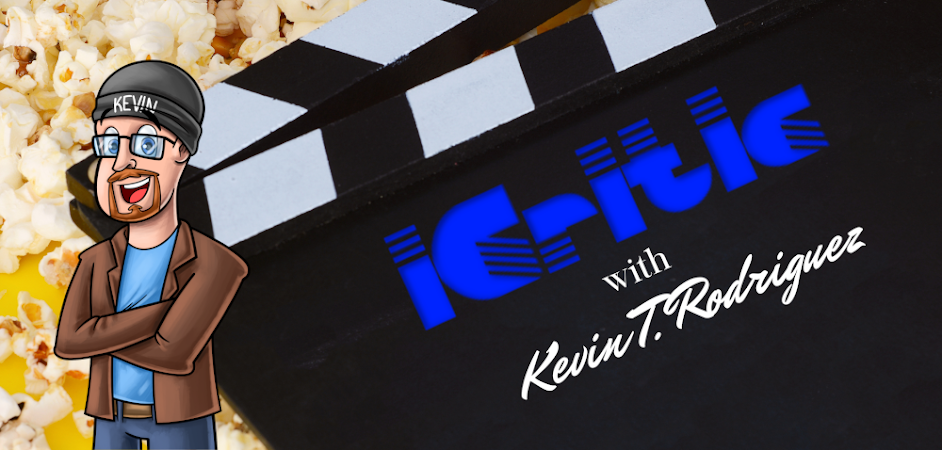Director: Damien Chazelle Starring: Miles Teller, J. K. Simmons Studio: Sony Pictures Classics Genre(s): Drama Rated: R (For mild thematic elements and some action) |
Note: This review was originally published in 2014.
In the halls of a college, there are beats of a drum. Frantic beats. They pound hard and rapidly. There are also screams from a man who is yelling at the drummer that he must do better. “Play faster!” he shouts over and over. He then throws a book at his head and tells the drummer that he is wasting their time, and he needs to shape up if he is going to continue to be in this class. Yes, this is a situation that is every parent's nightmare: A college student is being verbally and physically abused by his teacher. The teacher shouts, throws things, and even slaps the boy while he taunts him in from of his fellow classmates for crying in his class. For most, this is the worst thing you can do to a student, as it feels like he is trying to crush the poor kid's spirit.
Yet “Whiplash” doesn't shy away from this focus and the more we watch, the more we start to question if this is meant to be abuse at all. Andrew (Miles Teller) wants to be a great drum player. He cites many inspirations from the glory days of jazz. When his family points out that most of those people died broke and young, he looks at them with determination in his eyes and says “I would rather die broke and alone, with people still talking about me years after my death, than die rich but without leaving an impact.” This is the same kid that is always being shouted at by his teacher Terence Fletcher (J.K. Simmons), who is on top of his students with such viciousness it hurts us to watch. Some of the kids quit because of the stress. There is even a rumor that one of his former students committed suicide as a result of being in the class.
Andrew continues to push himself harder and harder though, putting his blood, sweat, and tears into his playing. That's not a metaphorical phrase I'm using either, he plays so long, so hard, that by the end of most performances, his body is dripping with sweat, he's crying in pain, and there is blood on the drums and especially the sticks. After this instead of a pat on the back, Fletcher says “learn to do it better next time.” At times Fletcher feels like a horrible, horrible man. At least one audience member I saw this with uttered “that monster” under her breath. Yet we get glimpses of a side to him that are kind and understanding. Even when he's shouting we get little pauses, as if he is trying to measure how hard he's being on these kids. For a character that is so brash, J.K. Simmons plays the role with such depth and ambiguity that we are always wondering if there is a method to this madness (also not metaphorical).
Simmons has been playing supporting roles (and starring in auto insurance ads) for many years now, and here he has a chance to shine and become a true star. He creates a character that is so complicated that by the end of the film, we're still wondering if we hate him or not. Miles Teller is good in the lead role but has the easier job of just talking back once in a while. However, he does have to play those mad drumming beats. I'm no musician myself, but I would like to know if Teller is playing his own music or if it's just mimicry. If it's mimicry then it is very good and could fool anyone. I have a friend who's a musician who might be able to clear this up for me later. For now, though it looks like the real deal, which makes the performance all the more impressive regardless of what side of the fence it falls on.
“Whiplash” is a strange movie from a marketing perspective in that it focuses on all the areas of music that most films don't. Yes, there are competitions. Yes, there is a potential prodigy in the house. And yet, the film is always focused on the process of the music. The hard work that goes into it. The brutal self-discipline that is required to be better than the best. Really though, the results of the competition and whether or not Andrew ultimately makes it big are given very little thought. This is a journey of growth for the main character. And he might just get better if his teacher doesn't beat him down to death.







Comments
Post a Comment